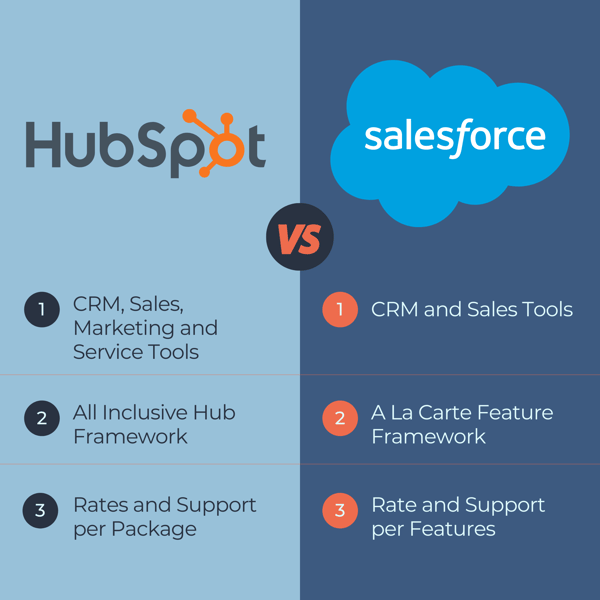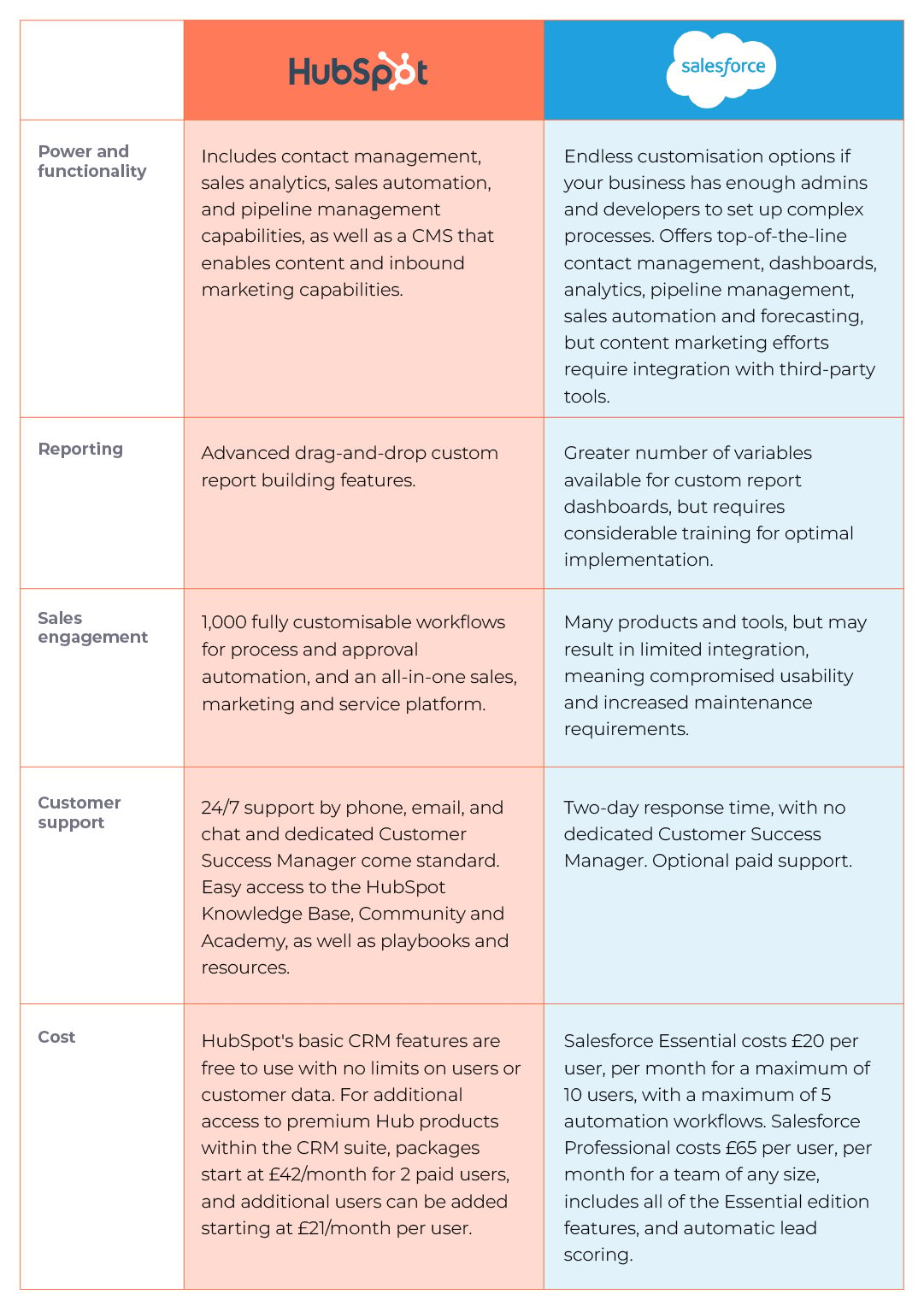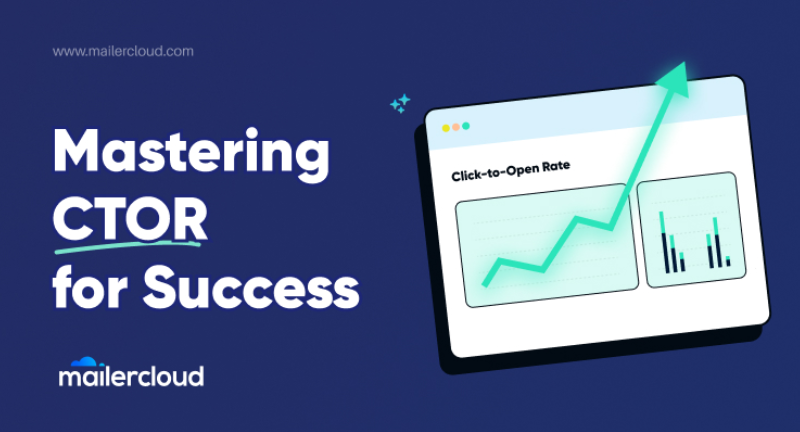HubSpot is an all-in-one marketing, sales, and service platform. HubSpot CRM is a free tool within HubSpot for managing customer relationships.
HubSpot offers a comprehensive suite of tools designed to assist with inbound marketing, sales, and customer service. Businesses can use these tools to attract visitors, convert leads, and close customers. HubSpot CRM, on the other hand, focuses specifically on managing customer interactions and data.
It helps businesses track and nurture leads without the complexity of a full-fledged CRM system. Both tools integrate seamlessly, providing a cohesive experience for managing and growing your business. Whether you need marketing automation or robust CRM capabilities, HubSpot has a solution tailored to your needs.

Credit: www.vested.marketing
What Is Hubspot?
Hubspot is a powerful platform. It helps businesses grow. It offers many tools. These tools help with marketing, sales, and service. Hubspot is known for its ease of use. It is popular among small and large businesses.
Marketing Tools
Hubspot provides amazing marketing tools. It helps create email campaigns. It also helps manage social media. You can track leads easily. It has tools for SEO too. Businesses can run ads. They can also create landing pages. Hubspot makes marketing easy.
Sales Features
The sales features in Hubspot are useful. It helps track deals. You can manage contacts. It also helps in scheduling meetings. Hubspot provides sales reports. You can also use email templates. It saves time. The sales features are user-friendly.
Service Options
Hubspot offers great service options. It helps with customer support. You can manage tickets. There is a knowledge base feature. This helps customers find answers. The live chat feature is also useful. Hubspot makes customer service efficient.
What Is Hubspot Crm?
Hubspot CRM offers basic features for managing customer relationships. It helps track customer interactions and store contact information. Users can view deals and sales pipelines easily. It provides tools for email tracking and scheduling. This software is essential for any sales team.
The user interface is simple and easy to navigate. It is designed for users of all skill levels. The dashboard shows all important data at a glance. Users can customize their view as needed. This helps in quick decision-making.
Hubspot CRM integrates with many other tools and platforms. It works well with popular email services and marketing tools. Users can connect it to their existing systems easily. This makes data management smooth and efficient.
Feature Comparison
HubSpot offers a comprehensive marketing platform, while HubSpot CRM focuses specifically on customer relationship management. Both tools cater to different business needs and functionalities.
Marketing Automation
HubSpot offers powerful marketing automation tools. These tools help businesses create email campaigns and manage social media. HubSpot CRM has basic email automation but lacks advanced features. HubSpot’s marketing automation can track leads and analyze data. It helps improve customer engagement. HubSpot CRM focuses on simple tasks like sending emails.
Sales Automation
HubSpot’s sales automation tools are more advanced. They include lead scoring and pipeline management. HubSpot CRM has basic sales features. HubSpot helps track deals and manage sales tasks. It provides detailed sales reports. HubSpot CRM is suitable for small teams.
Customer Service
HubSpot offers a robust customer service platform. It includes ticketing systems and live chat. HubSpot CRM has basic customer service tools. HubSpot’s platform helps businesses resolve issues quickly. It also provides customer feedback and satisfaction surveys. HubSpot CRM’s customer service features are limited but useful for small businesses.
Pricing Differences
HubSpot offers comprehensive marketing, sales, and service tools, while HubSpot CRM is a free, streamlined version focusing solely on customer relationship management. Pricing for HubSpot’s full suite can be significantly higher due to its extensive features compared to the free CRM option.
Hubspot Pricing Plans
HubSpot offers different pricing plans. There are options for small and large businesses. Basic plans start at a low cost. Advanced plans cost more but offer extra features. HubSpot has a plan for every budget. Monthly and yearly billing options are available. Higher-tier plans include more tools and support.
Hubspot Crm Free Version
HubSpot CRM offers a free version. It includes basic features. Manage contacts, deals, and tasks without paying. The free version is perfect for small teams. Upgrades are available if more features are needed.
Cost-benefit Analysis
HubSpot’s paid plans provide more features. Advanced tools help grow your business. The free version saves money but has limited features. Paid plans are an investment. They can improve efficiency and sales. Choose the plan that fits your needs and budget.
Ease Of Use
HubSpot offers a user-friendly interface for marketing, sales, and customer service, while HubSpot CRM simplifies contact management. Both provide intuitive tools, making navigation and usage straightforward.
User Experience
HubSpot offers a clean and simple interface. Users can navigate easily between tools and features. The dashboard is intuitive and user-friendly. HubSpot CRM is similar but focuses on sales and customer management. It offers a streamlined experience for sales teams. Both platforms are designed to be easy to use.
Learning Curve
HubSpot has many tools and features. New users might need some time to learn all of them. HubSpot CRM is more focused, so it can be easier to learn. Both platforms provide tutorials and guides. These resources help users get up to speed quickly.
Support Resources
HubSpot offers extensive support resources. Users can access a knowledge base, forums, and tutorials. HubSpot CRM also provides similar support. Live chat and email support are available for both. Dedicated account managers help with more complex issues.
Integration Capabilities
HubSpot offers extensive integration capabilities across its platform, while HubSpot CRM focuses on seamless CRM-specific integrations. Both provide robust options to enhance business workflows and connectivity.
Third-party Integrations
HubSpot offers a wide array of third-party integrations. These allow users to connect with popular tools like Slack, Zapier, and Google Workspace. HubSpot CRM also supports these integrations, making workflow smoother.
Native Integrations
HubSpot has built-in, native integrations. These are designed to work seamlessly within the platform. HubSpot CRM also provides native integrations but focuses more on sales and customer management tools.
Custom Integrations
Custom integrations are possible with both HubSpot and HubSpot CRM. Users can use APIs to tailor the platform to specific needs. This flexibility is vital for businesses with unique requirements.
Customer Support
Explore the key differences between HubSpot and HubSpot CRM. HubSpot offers an all-in-one marketing platform, while HubSpot CRM focuses on sales and customer relationship management. Understand which solution best fits your business needs.
Support Channels
Hubspot offers many support channels. Users can access live chat, email, and phone support. There is also a large knowledge base available. Hubspot CRM provides similar support options. Both services ensure users get help when needed.
Response Time
Response times are crucial for customer satisfaction. Hubspot typically responds within a few hours. The CRM version also aims for quick replies. This fast support helps solve issues quickly.
User Community
Both Hubspot and Hubspot CRM have active user communities. These communities are great for sharing tips and tricks. Users can ask questions and get answers from peers. The community support adds value to both services.

Credit: www.avoma.com
Choosing The Right Tool
Every business has unique needs. HubSpot offers a full suite of marketing tools. HubSpot CRM focuses mainly on customer relationship management. Small businesses might need only basic CRM features. Larger businesses may require advanced marketing tools.
Scalability is crucial for growing businesses. HubSpot offers more features as your business grows. HubSpot CRM can scale but has fewer options. Choose based on long-term growth plans.
Evaluate your specific needs. HubSpot is ideal for comprehensive marketing and sales. HubSpot CRM is best for simple, efficient CRM needs. Make a choice that aligns with your business goals.

Credit: blog.inboundfintech.com
Frequently Asked Questions
What Is Hubspot?
HubSpot is an all-in-one marketing, sales, and service software. It helps businesses grow by attracting visitors, converting leads, and delighting customers. HubSpot offers a suite of tools for inbound marketing, sales, and customer service.
What Is Hubspot Crm?
HubSpot CRM is a customer relationship management tool. It helps businesses manage and analyze customer interactions and data throughout the customer lifecycle. HubSpot CRM is designed to improve business relationships, streamline processes, and increase profitability.
How Does Hubspot Differ From Hubspot Crm?
HubSpot is a comprehensive platform for marketing, sales, and service. HubSpot CRM specifically focuses on managing customer relationships. While HubSpot includes CRM features, the CRM tool is a standalone product available for free.
Can I Use Hubspot Without Hubspot Crm?
Yes, you can use HubSpot without HubSpot CRM. HubSpot offers various tools for marketing, sales, and service independently. However, integrating HubSpot CRM can enhance your overall experience by centralizing customer data.
Conclusion
Choosing between HubSpot and HubSpot CRM depends on your business needs. HubSpot offers a full marketing suite, while HubSpot CRM focuses on sales. Both tools provide valuable features, but understanding their differences helps optimize your strategy. Evaluate your goals to decide which platform best supports your growth.


